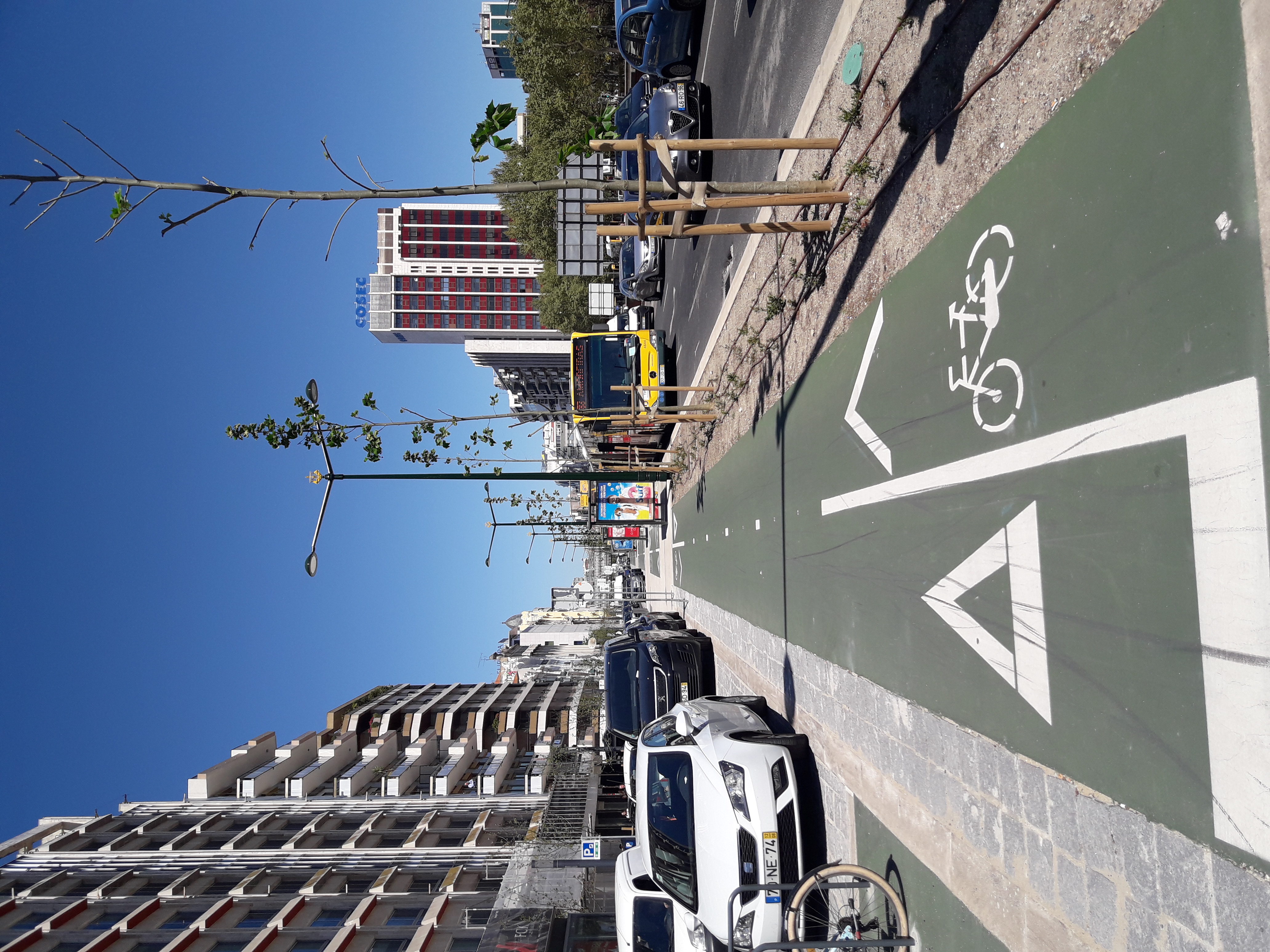
Uploaded on 2017-04-13 by Joana Miguel Correia Fernandes
• Step 1: List the five most liveable cities that you know, based on your own experience and judgment, placing the most liveable city at the top of the list. Berlin Amsterdam Copenhagen Singapoure Barcelona • Step 2: Describe in your own words five characteristics that according to your opinion make a city liveable. Order them placing the most important at the top of the list. * Access to reliable and affordable utilities (electricity, gas, water, sewage, waste disposal, communications) Accessibility. Good mobility infrastructures, public transports, bike lanes, soft modes, carsharing initiatives Affordable energy efficient housing (NZEBs) Compact city, balanced distribution of residential buildings, offices, commerce, green/leisure spaces. Governance, citizen engagement in the cities planning and management. Crowdsourcing the cities problems, challenges and opportunities. • Step 3: Describe the status of your own city in terms of the five characteristics that you listed above. Propose how your city should/could be transformed in relation to these characteristics in order to be more sustainable. Access to reliable and affordable utilities Portugal has a good utilities infrastructure, as well as Lisbon. Portugal has one of the highest energy bills in Europe, mostly due to the high dependence on conventional/external energy sources. Despite being the sunniest country in Europe, there is still a very low adoption of solar technologies, both thermal and photovoltaic, as well as of other renewable energy technologies, what would allow the country to invest in its energy independence and in the deployment of skills and competences in the renewable energy industry. Lisbon could also benefit much from a local approach to RES deployment, prosumer empowerment and more efficient energy (and other resources) use. Water management could also be improved focusing on water re-use and rain water collection. Waste management should also bet much more on reuse, recycling and valorisation, prompting the creation of a resilient industry, where the city is seen as a stock of materials than can be valued into the urban economy. In terms of communication, free WI-FI access should be pursued as an essential asset for economic development. Several urban scale solutions are already available, namely in synergy with public lighting systems. Accessibility. Lisbon as a fairly reasonable transports infrastructure, though the interconnection between services needs to be improved, as well as the communication towards its users, namely via real time information apps. The quality of service is also one of the things that has been decaying, mostly due to service prices and the need for an economically sustainable offer. Improvements on soft transports are being pursued, namely via dedicated bike lanes and walkable streets. Affordable energy efficient housing (NZEBs) The enter in force of the buildings performance code in 1991 introduced the thermal performance of buildings in the project design criteria. The Union’s buildings energy performance certification scheme further improved these guidelines and introduced stricter performance patterns. Nevertheless that does not came without a cost and it mainly applies to new buildings and deep renovations, leaving nearly 80% of the constructed area behind. Refurbishment, energy retrofit, is critical to assure lower energy bills and higher occupants comfort. Incentives, awareness and cooperation schemes should be put in place to foster active involvement of the community of private investors. Compact city, balanced distribution of residential buildings, offices, commerce, green/leisure spaces. The city of silos is an out of date city. More and more residential and work need to be side by side avoiding long distance travelling to access the needed services. Large industrial areas will always exist, due to the particularities of industrial services. Office parks, a huge tendency in the 90’s is slowly losing ground as despite the synergies that come from common commodities, these imply long commuting times and require the implementation of broader and more integrated public transports strategies than those affordable by most metropolitan areas. Some spaces in Lisbon are experiencing the compact city, namely the area where the 98 world exhibition took place, but this needs to be a common practice to avoid urban voids, empty areas during the night, as it happens in several European cities historical centres, and Lisbon is no exception on this. Governance, citizen engagement in the cities planning and management. Crowdsourcing the cities problems, challenges and opportunities. Lisbon was the first Portuguese city to implement the participatory budgeting initiative, opening the discussion to citizens to define and vote how half a million euros should be invested in the city. The initiative was, and is still a success case. More participatory forums’, namely within the framework of the Agenda 21 project, have been experimented. Crowdsourcing platforms are still in their launching stage but are becoming more popular, also crowdfunding for RES projects.